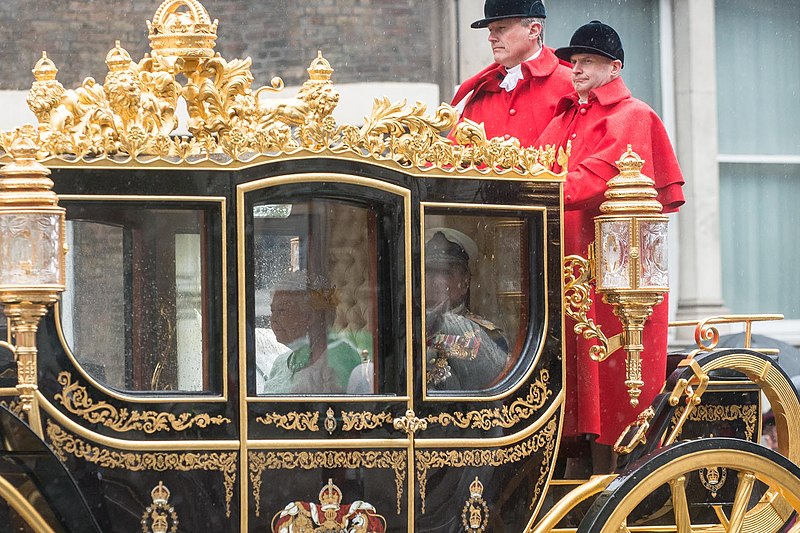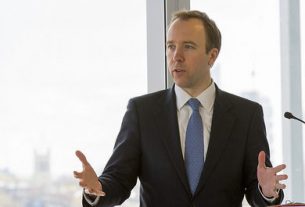Yesterday (14/10/19) saw the opening of a new session of parliament with a Queen’s Speech outlining the government’s agenda.
Number 10 has emphasised the need for a Queen’s Speech by pointing to the extraordinary duration of the previous parliamentary session which, at 28 months, was the longest for nearly 400 years. Opposition parties, however, have questioned the merits and purpose of a Queen’s Speech at this point in time.
With a general election on the horizon and a minority government which has lost all seven votes in Boris Johnson’s premiership, they have argued that the speech served to put forward elements of a future Tory election manifesto rather than the agenda of a government in a position to enact its proposals.
The speech opened by reiterating Johnson’s promise to deliver Brexit by 31 October, before moving swiftly on to the various other priorities for Johnson’s government. These included tackling violent crime with longer custodial sentences; a National Infrastructure Strategy to unlock the UK’s “regional potential”; plans to “support and strengthen” the NHS and reform adult social care; further investment in scientific technology; and greater environmental protections and animal welfare standards.
Jeremy Corbyn wrote the speech off as a “farce” and a “propaganda exercise” in the subsequent Commons debate, before engaging in a line-by-line critique of the 26 bills proposed. Jo Swinson condemned the proceedings as a “charade”.
By contrast Boris Johnson looked to a “new age of opportunity for the whole country” and put forward his government’s aspirations for a “high wage, low tax economy”. In a burst of optimism he went on to argue that “without being chauvinistic or disrespectful to anywhere else in the world, in important respects this country is the greatest place on earth”, a line which also featured in his campaign for Tory leadership.
The speech will be voted on in the Commons next week. Given current parliamentary arithmetic it may fail to pass, which would be the first such occurrence since 1924. The Prime Minister’s spokesman said yesterday afternoon that if the government lost the vote it would nevertheless continue to introduce individual bills, even without Commons backing for its overall agenda.




